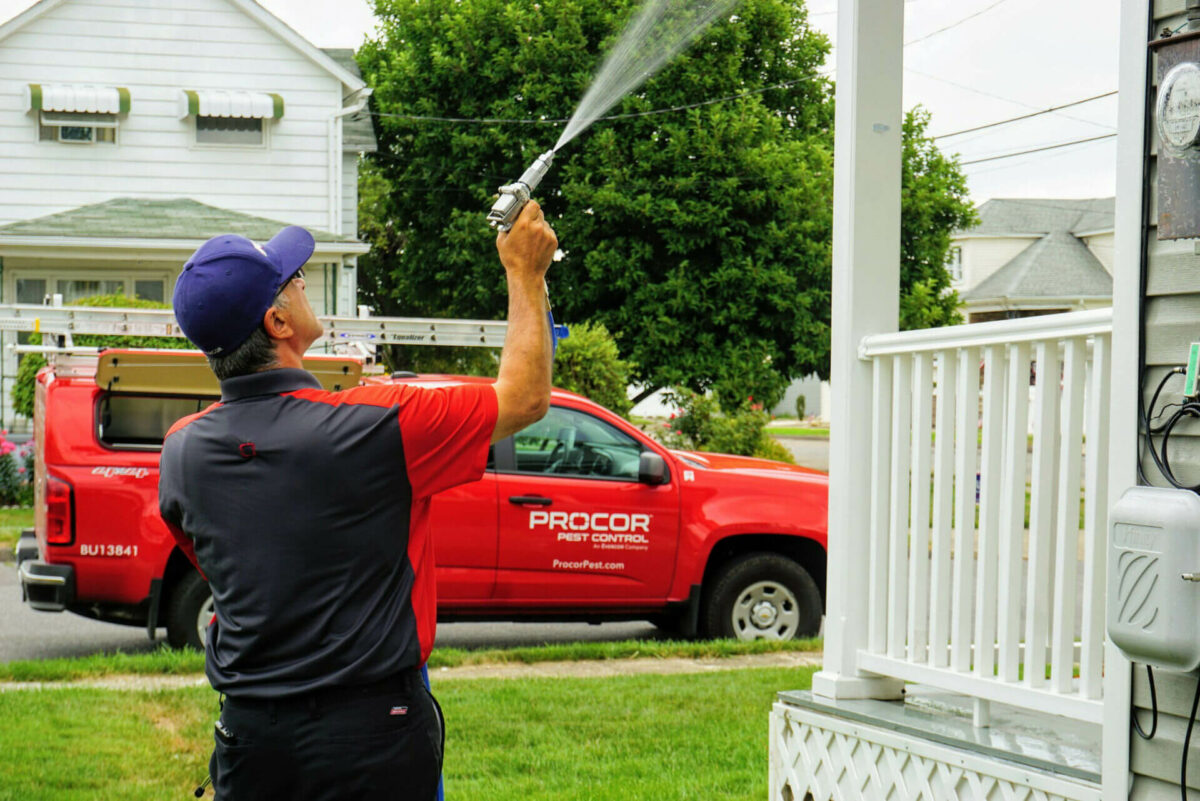Borrowers whose home had been sold at a trustee sale could seek the equitable cancellation of the trustee’s deed based on alleged noncompliance with federal regulations intended to prevent foreclosures, which had been incorporated into the deed of trust; Tender of the delinquent amount was not required because it would be inequitable; An unfair debt collection claim failed because the servicing company was not a debt collector as defined in 15 U.S.C§ 1692a(6); The signature block for the substitution of trustee was sufficient under CivCode, § 1095, to show that the signatory was acting for the servicing company as its attorney in fact; A foreclosure commissioner was not required; [6]-Denying a preliminary injunction was error because, as indicated in CivCode, § 3387, money damages generally were not an adequate remedy in cases involving real property.
Reversed in part and affirmed in part.
Appellants, injured party and spouse, challenged a decision from the Superior Court of the City and County of San Francisco (California), ADA attorney Riverside which awarded summary judgment in favor of respondent horseback riding academy, enforcing a release from all liability.
Appellants, injured party and spouse, filed a complaint against respondent horseback riding academy for personal injuries resulting from a horseback riding accidentAppellants sought review of the trial court’s grant of summary judgment, enforcing a release from all liability, in favor of respondentAppellants contended that the release was unenforceable because it was executed in reliance on respondent’s misrepresentation that it was unenforceableThe court found that the release was valid because no public interest was involvedAffirming the decision of the trial court, the court held that appellant injured party, as a matter of law, could not have reasonably relied on the statement by respondent that the release was meaningless.
The court affirmed the trial court’s grant of summary judgment in favor of respondent horseback riding academy, enforcing a release from all liability, where no public interest was involved and appellant injured party could not have reasonably relied on respondent’s claim that the release was meaningless.







